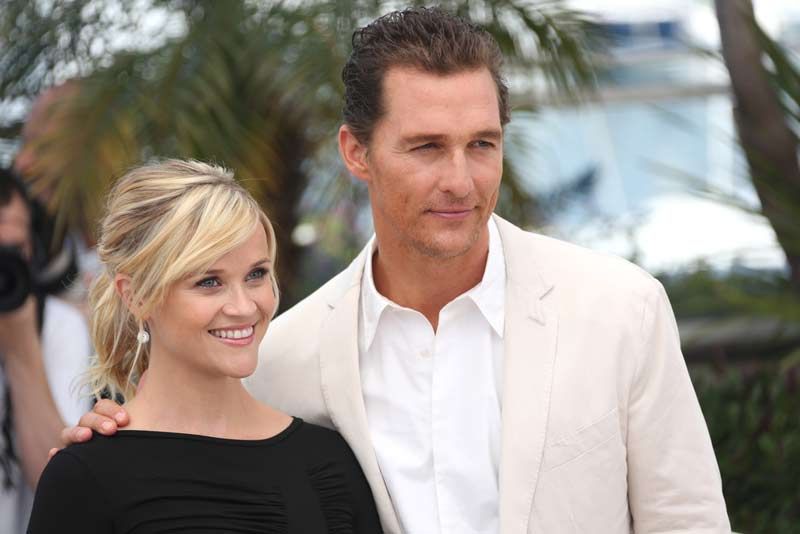What Happens to the Body During Fasts

Matthew McConaughey lost 30 pounds. Hugh Jackman lost at least 20. Anne Hathaway lost 25.
The Hollywood celebs cut weight for roles ranging from an AIDS patient to a destitute prostitute through a simple (but extreme) method: total or near-fasting.
"It takes a while for your body to understand that it has to feed off itself, and that you're not going to give it something else from the outside," McConaughey told ABC. "I should not look healthy by the time I'm doing this."
NEWS: Want to Lose Weight? Skip These Diets
Hathaway, who lost 15 of the 25 pounds in a two-week period by subsisting on two squares of dried oatmeal paste a day, said she experienced sleeplessness from hunger.
"I had to be obsessive about it -- the idea was to look near death," she told Vogue. "Looking back on the whole experience -- and I don't judge it in any way -- it was definitely a little nuts."
The side effects aren't surprising, said registered dietitian Joy Dubost, a spokeperson for the Academy of Nutrition and Dietetics.
Sign up for the Live Science daily newsletter now
Get the world’s most fascinating discoveries delivered straight to your inbox.
"You're putting the body under tremendous stress," she said.
Within the first 24-48 hours of calorie deprivation, the body depletes its glycogen stores from muscles and the liver -- basically, that's the carbohydrate stores that provide quick energy, Dubost said. Then it starts breaking down protein within muscles and fat to produce energy. During that process, the body's metabolism slows down in order to conserve energy, she said. Meanwhile, hormonal reactions will fluctuate.
If you're also forgoing water, things go downhill even more quickly, Dubost said. Dehydration can lead to low blood pressure and cardiac arrest.
"So for the first day of shooting I didn't drink water or any liquids for 36 hours, which a trainer at the time said is a bodybuilder trick which can give you sunken cheeks and sunken eyes," Jackman told The Sun. "So I went for it -- and slightly regretted it 20 hours in. When I see the first shot I am really glad I did it. But I had massive headaches, was slightly dizzy and very, very grumpy."
What Jackman was experiencing, Dubost said, was symptomatic of dehydration -- which, if ignored, can carry ramifications such as brain damage, seizure, and, in extreme cases, death.
NEWS: Low-Calorie Diet May Not Extend Life
"This isn't something that should be taken lightly," Dubost said. "Unfortunately, a lot of people look at what celebrities do and think they can take it on as well, but that's really not the case."
While Dubost sees no benefits in complete fasts, others think that a milder form of fasting could help certain populations. Intermittent fasting, proponents say, produces a milder stress on the body similar to exercise.
"Exercise is an energetic stress, where you have a marked increase in energy expenditure," said Mark Mattson, chief of the laboratory of neurosciences at the National Institute on Aging. "Conversely, fasting for even a relatively short period of time like 16-24 hours also puts an energetic stress on the body, but in kind of the opposite way, through reduced energy availability."
And the adaptive responses to that mild stress of not having food? In animal studies, Mattson and other researchers have found positive changes in nerve cells. Intermittent fasting can protect neurons from becoming damaged by oxidative stress, for example, and better regulate glucose.
And in human research, one study showed women at risk for breast cancer both burned more fat and showed greater insulin sensitivity on a diet with two extremely low-calorie days than those who consumed a lowered, but consistent, number calories per day.
In fact, Mattson says there's evidence that the risk of some major diseases that there is currently no treatment for, such as Alzheimer's, could be reduced by paying attention to diet and exercise.
This story was provided by Discovery News.












